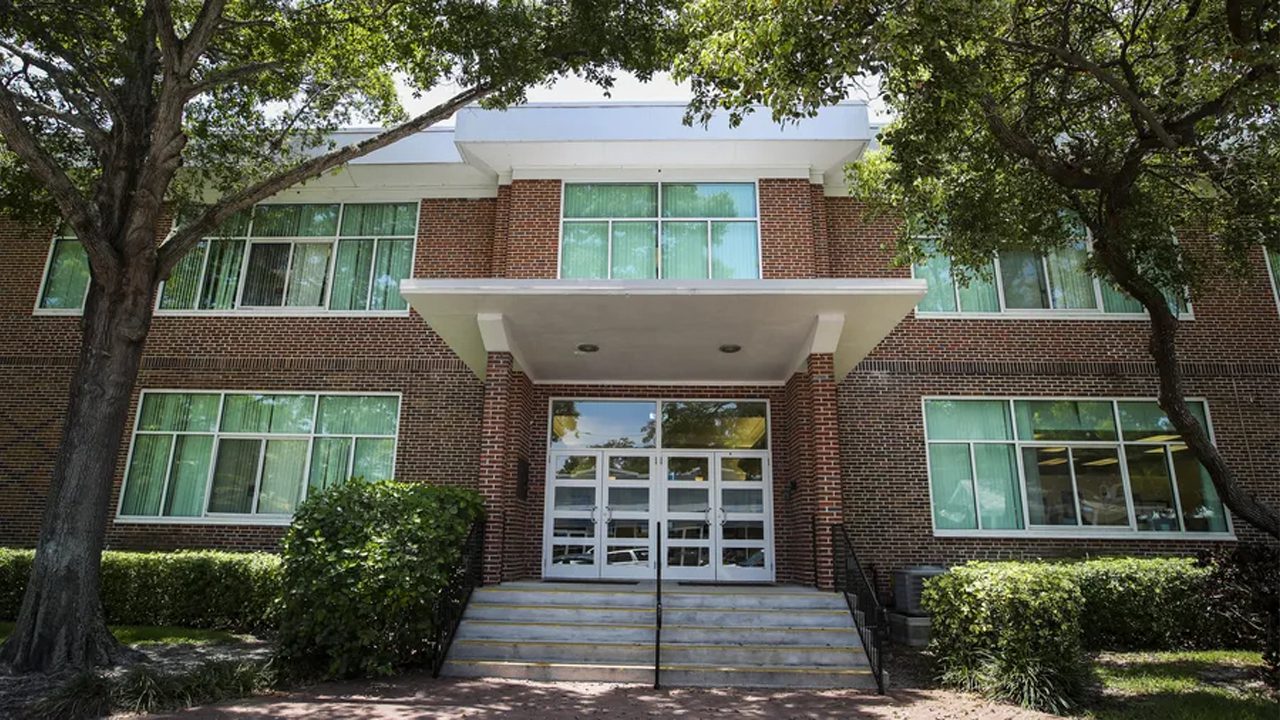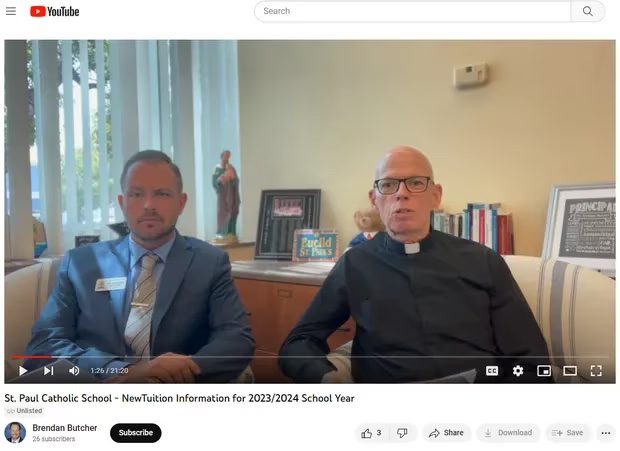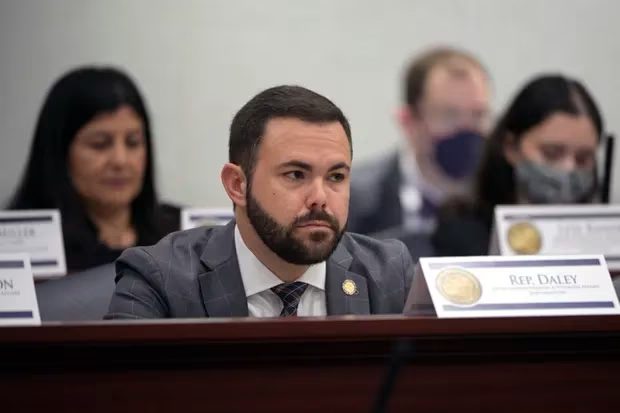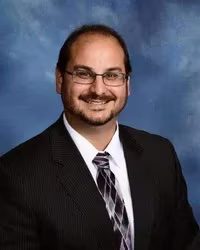
Florida’s new voucher law allows private schools to boost revenue
At one St. Petersburg Catholic school, an infusion of public money means parents will pay less while the school collects more.
Tampa Bay Times | By Jeffrey S. Solochek | May 30, 2023
Preparing for classes to resume next fall, St. Paul Catholic School in St. Petersburg told its families not to expect much difference in its tuition charges.
That changed after Gov. Ron DeSantis signed into law a measure making state-funded private school vouchers of about $8,000 available to all school-age children, regardless of income. That’s the approximate amountFlorida will pay next year to educate most students in public schools.
After consulting the Diocese of St. Petersburg, parents and other area Catholic schools, “we decided that we need to take maximum advantage of this dramatically expanded funding source,” Monsignor Robert Gibbons, the St. Paul pastor, said in a YouTube video the school shared publicly.
“Otherwise,” he added, “we would be negligent.”
So instead of paying $6,000 per child, families at the school who are St. Paul parish members will now be charged $10,000 per child. Nonmembers will be charged $12,000 per child, instead of $7,000. Discounts for multiple-student families will be eliminated.
With $8,000 from the state covering most of that cost, families will owe far less than what they had been paying and the school will receive more.

“If we don’t take full advantage of this funding source, we will be leaving money on the table and it will revert back to the state,” Gibbons said in the video, listing teacher pay raises and capital improvement projects among the areas the school would bolster with the added revenue.
To get there, he said, “every family in the school will need to apply for the voucher.” In 2022-23, the school of approximately 300 students had 62 voucher recipients, according to Step Up For Students, an organization that helps administer Florida’s voucher programs. Based on those numbers, and factoring in the $4,000 tuition increase, St. Paul could bring in nearly $1 million more in the school year starting this fall.
Voucher critics said the decision was predictable, and expected more private schools to follow suit.
Tuition “is going to keep increasing, because they’re going to keep raising the voucher amount,” said Holly Bullard, chief strategy officer with Florida Policy Institute.
During a February meeting of the House Pre-K-12 Appropriations subcommittee, Rep. Dan Daley, a Broward County Democrat, called on his colleagues to include a tuition increase cap in the measure as a way to prevent schools from pocketing additional taxpayer money they otherwise might not have sought.

Republican bill sponsors signaled a willingness to discuss the concept, but never followed through. Daley said via text message that he was disappointed to hear that any schools are changing their tuition plans because they stand to get added state money.
“If they simply raise their tuition by $8,000, it’s not actually helping someone afford the school of their choice, which is part of supporters’ argument,” Daley said.
St. Paul’s increase would put its tuition above the anticipated voucher amount, meaning families who get the voucher would have to pay $2,000 or $4,000 per student, depending on whether they belong to the parish. That is a savings of about $3,000 to $4,000 per student per year.
“We should have included language to address the issues of increases, regardless of the amount,” Daley said.
Bullard said it should come as no surprise that private schools would attempt to improve their financial status with vouchers.
“That’s the free market,” she said.
Her organization,FloridaPolicy Institute, urged lawmakers to adequately account for large numbers of children already in private schools requesting vouchers, even if they had paid their tuition previously. The institute relied on results from other states, such as Arizona, to support its funding concerns.
Bullard acknowledged that many private schools face the same financial pressures that public schools do to cover salaries, materials, programs and other expenses. That’s true, she said, of those in the Catholic system that have attempted to keep costs low to serve low- and middle-income families.
She suggested, though, that the point of vouchers was to help students and families, not the schools.
“Is this the best use of taxpayer money, to subsidize private schools?” she asked.
Senate Education Appropriations chairperson Keith Perry, R-Gainesville, said his intention in supporting the bill and crafting the underlying budget for it was to provide more educational choices for families. He shared some concern that a school would increase its costs to above the amount the voucher would cover, noting some families might not be able to afford the difference.
At the same time, Perry said, “It’s hard for us to tell a private school what to do and how much to charge.”
A school will act, he said, and it will be up to parents to decide if it’s worth sending their children there.
“We want parents to be able to look at the quality of education,” Perry said. “I would look at it as, the quality of education would come first, and the price would come second, but certainly a close second.”
In its YouTube video, which no longer is available to the public,St. Paul officials stressed that parents would not pay more per student unless they forgo a voucher. The school will work with those who previously received vouchers to make up the difference, Gibbons added.
At the same time, though, Gibbons said it was important that families pay a portion of the cost ”so we don’t just become another public school where the government is funding the education.”
“We want and we need parents who are fully invested,” he said in the video. “If you’re not giving anything in terms of a financial investment in the school, I just have a sense it’s going to change our culture too dramatically.”

Christopher Pastura, superintendent of the Diocese of St. Petersburg school system, said his office worked with the schools to help them navigate the voucher expansion. Some have more experience dealing with the program than others, he noted.
The system did not have a single approach to setting tuition based on the law revisions, Pastura added. Each school made its own decisions based on parish needs and community feedback, he said, with many sticking with the 2023-24 tuition rates they established in January.
They have faced unexpected expenses, though, such as added security after a Presbyterian school went through a shooting in March, Pastura noted. And they’ve always dealt with a gap between tuition and what their schooling actually costs, he added.
St. Paul historically has been among the least expensive Catholic schools, he said, and it decided to catch up in a way that should not cost families anything extra.
“Each parish is just trying to figure out how to make it work,” Pastura said.





